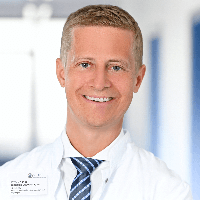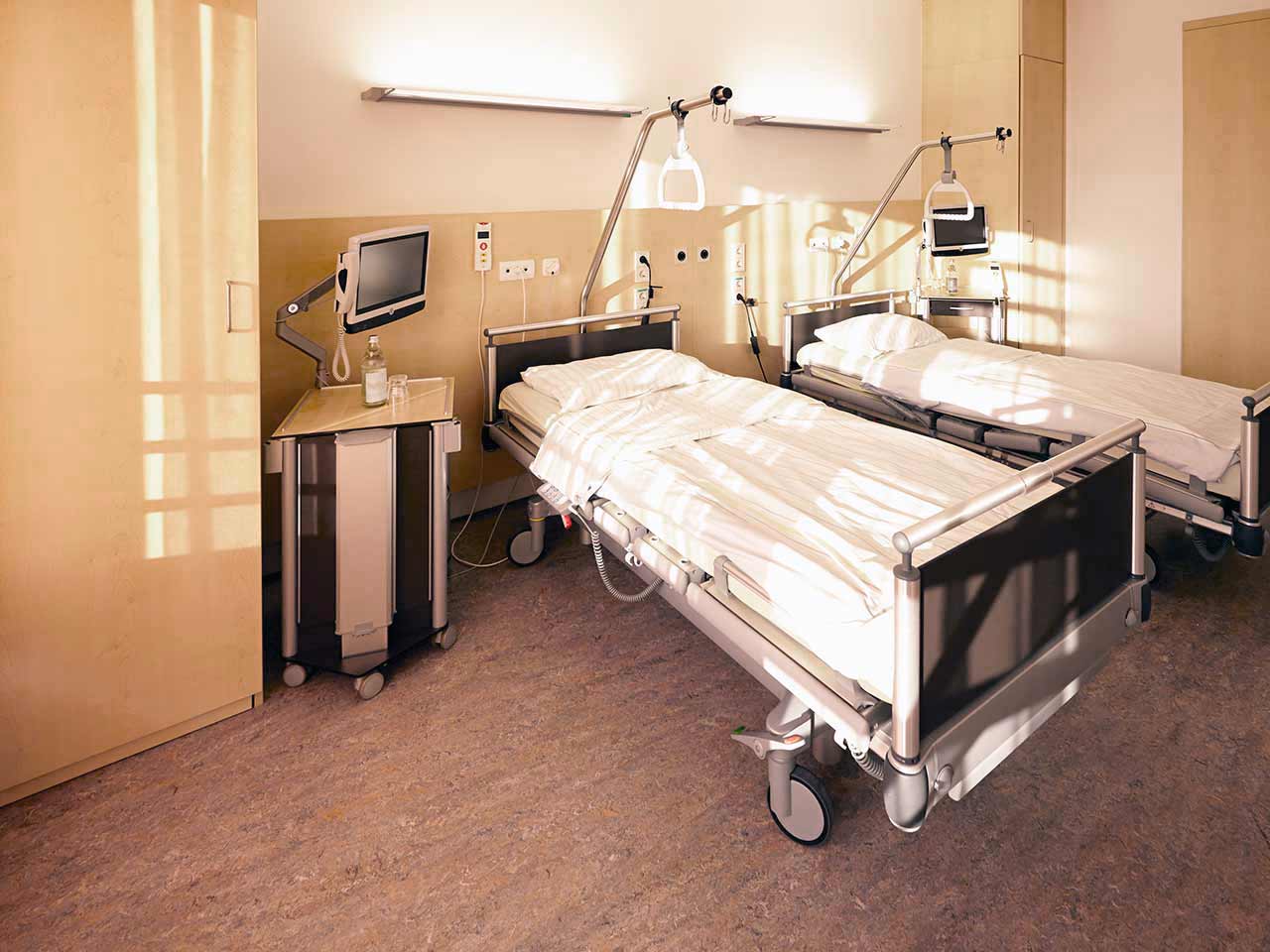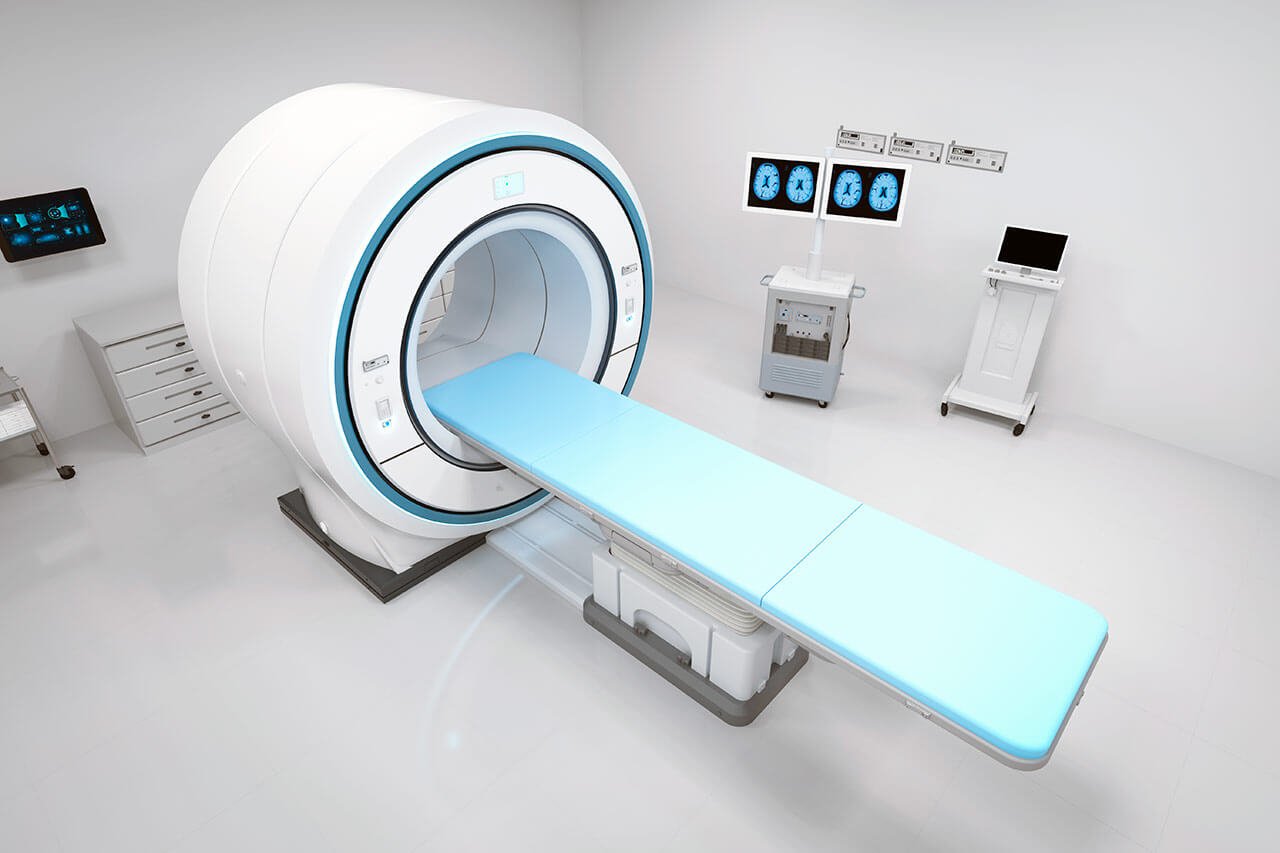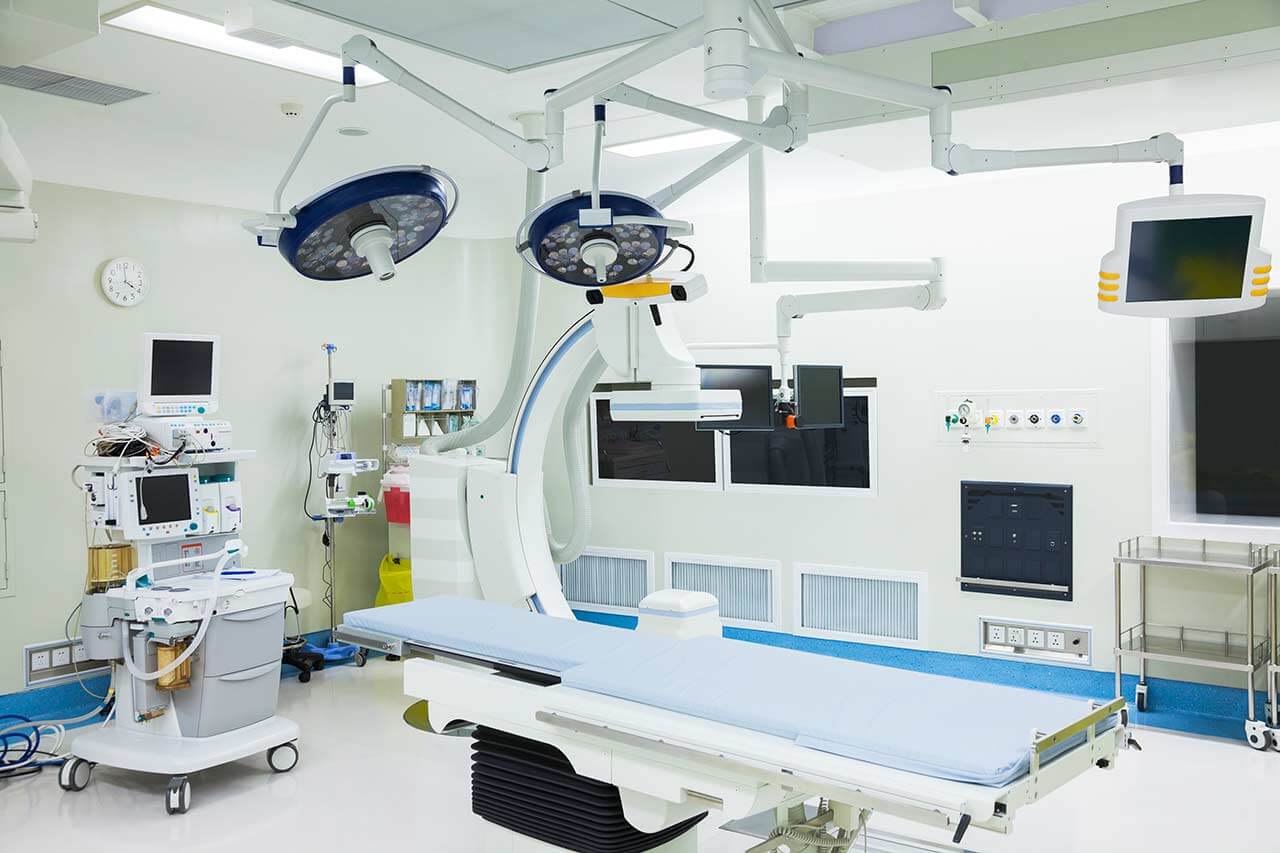
The program includes:
- Initial presentation in the clinic
- clinical history taking
- review of medical records
- physical examination
- laboratory tests:
- complete blood count
- biochemical analysis of blood
- thyroid function test (TSH-basal, fT3, fT4)
- mineral metabolism analysis (Na, K, Ca, Mg)
- lipid metabolism (HDL/LDL, cholesterol, triglycerides,
Lip(a), homocysteine) - iron content (ferritin, iron)
- blood coagulation analysis (aPTT, PT, INR)
- metabolic status (uric acid, total glucose, HbA1c)
- inflammatory parameters (CRP, ESR)
- cardiovascular disease risk markers
- lung function test (Spirometry)
- resting and exercise ECG
- vessel elasticity measurement
- Holter monitoring (24h)
- body fat and water examination
- color doppler echocardiography
- transesophageal echocardiography (tee)
- color doppler sonography of cerebral vessels
- electroconvulsive therapy (ect) under anesthesia
- symptomatic treatment
- control examinations
- the cost of essential medicines and materials
- nursing services
- full hospital accommodation
- explanation of future recommendations
Required documents
- Medical records
- ECG (if available)
Service
You may also book:
 BookingHealth Price from:
BookingHealth Price from:
About the department
The Department of Cardiology and Angiology at the ViDia Hospital Karlsruhe offers the full range of medical services in the fields of its competence. The department's doctors specialize in the treatment of congenital and acquired heart defects. The key focus is on catheter-based heart interventions, which are characterized by a minimal trauma rate and allow patients to avoid an open operation. For this purpose, the department has three modern Cardiac Catheterization Laboratories. The department also houses an Intensive Care Unit and a Chest Pain Unit for patients with acute coronary syndrome. The medical facility has 82 beds. The department was awarded the prestigious quality certificate from the German Cardiac Society (DGK) for outstanding results in the treatment of mitral valve diseases and acute coronary syndrome. Another important area of work of the department's physicians is comprehensive heart examinations for the prevention of heart disease. For this purpose, specialized Check Up Programs have been developed here, which include an optimal set of diagnostic tests. The medical facility employs a highly professional team of doctors and nursing staff, which makes every effort to provide each patient with effective medical care in a pleasant and comfortable atmosphere. The department is headed by Prof. Dr. med. Claudius Jacobshagen.
The priority areas of the department's specialization include providing medical care to patients with mitral valve diseases (certification from the German Cardiac Society, DGK). The specialists regularly perform the innovative MitraClip interventional procedure for severe forms of mitral regurgitation caused by abnormal mitral valve leaflet closure. The MitraClip intervention is performed on a beating heart, eliminating the need for a heart-lung machine. To approach the mitral valve, the doctor punctures the femoral vessels, directing a catheter with a special metal clip to the pathological focus under imaging guidance. The MitraClip system is attached to the mitral valve leaflets. During left ventricular contraction, the weakened or deformed leaflets close firmly, resulting in normalized blood flow. The MitraClip procedure is most often recommended for patients with severe comorbidities and high surgical risks. As a rule, mobilization of patients is possible the very next day after the catheter-based intervention, pain syndrome is practically absent, and the period of hospital stay is only 2-3 days.
Transcatheter aortic valve implantation (TAVI) is also successfully performed in the department's Cardiac Catheterization Laboratories. The most common indication for TAVI is aortic valve calcification. The main advantage of this treatment method is the minimal trauma rate. All manipulations are performed through a catheter inserted into a blood vessel without any incisions in the patient's chest. An approach is provided by puncturing the femoral or iliac artery, after which a catheter with a prosthesis is directed to the aortic valve. The physician performs all manipulations guided by real-time imaging on a large screen. The department's specialists perform the TAVI procedure under both general and local anesthesia. A hospital stay is 5-7 days. The introduction of transcatheter aortic valve implantation into clinical practice has become a real breakthrough in cardiology, as previously the replacement of the affected valve could be performed only with the help of traumatic open surgery.
The department's team of cardiologists also excels in many other catheter-based interventions on the heart, including closing patent foramen ovale, closing atrial septal defects, implanting pacemakers and defibrillators, and other procedures.
It should be noted that the department's doctors have an excellent technical base for diagnosing the heart and vascular system, including advanced ultrasound systems, X-ray scanners, equipment for various modifications of electrocardiography, etc. In cooperation with the Department of Radiology, patients are also offered cardiac CT and MRI.
The department's main clinical activities include the following:
- MitraClip procedure for mitral valve regurgitation
- Transcatheter aortic valve implantation (TAVI) for aortic valve regurgitation
- Mitral valvuloplasty for mitral valve stenosis
- Percutaneous transluminal coronary angioplasty for coronary artery stenosis
- Carotid artery stenting
- Transcatheter interventions for patent foramen ovale closure
- Transcatheter interventions for atrial septal defect closure
- Transcatheter interventions for left atrial appendage closure
- Implantation of pacemakers and defibrillators for arrhythmias
- Radiofrequency catheter ablation for arrhythmias
- Cardiac resynchronization therapy for arrhythmias
- Other treatment methods
Curriculum vitae
On April 1, 2020, Prof. Dr. med. Claudius Jacobshagen was appointed as Head Physician of the Department of Cardiology and Angiology at the ViDia Hospital Karlsruhe. Prof. Jacobshagen is a world-renowned specialist in the interventional treatment of heart valve defects.
For many years, the specialist held the position of Senior Physician and Deputy Head of the Department of Cardiology and Pulmonology at the University Hospital Goettingen. He held the position of Professor for Interventional Therapy for Heart Disease at the same hospital. Prof. Jacobshagen also headed the Chest Pain Unit at the University Hospital Goettingen.
For many years, Prof. Jacobshagen has been a Member of the Commission for Developing Guidelines for the Treatment of Chronic Ischemic Heart Disease in Germany. He is also a Co-Author of the recommendations and an Expert of the German Cardiac Society (DGK) in the certification of Mitral Valve Repair Centers.
Photo of the doctor: (c) ViDia Kliniken Karlsruhe
About hospital
The ViDia Hospital Karlsruhe is a modern medical facility with a rich history and traditions. The medical complex is an academic hospital of the University of Freiburg, granting patients access to advanced university medicine and the very latest therapeutic developments. The hospital first opened its doors in 1851 and, since then, has maintained a leading position in the European medical arena. The health facility offers a state-of-the-art technical base, comfortable infrastructure, and highly qualified doctors. All this allows the hospital to provide patients with top-class healthcare in accordance with modern standards. In addition, the hospital's team honors Christian traditions, emphasizing a humane attitude towards the patient and striving to provide understanding and support.
The hospital employs a large team of specialists, consisting of over 3,200 staff members, including 400 highly qualified physicians. The medical team admits more than 50,000 inpatients every year, and about 100,000 patients are diagnosed and treated on an outpatient basis or in a day hospital. More than 3,000 babies are born in the maternity rooms of the Department of Obstetrics every year. More and more patients, including those from abroad, come to the hospital for medical care annually.
The hospital has 24 specialized departments with 25 highly certified, narrowly focused centers integrated into them. A large Cancer Center certified according to the German Cancer Society (DKG) standards also operates here. Thus, one of the main clinical focuses of the medical complex is cancer treatment. The hospital also excels in other specialties, such as general surgery, abdominal surgery, thoracic surgery, orthopedics, cardiology, endocrinology, otolaryngology, pulmonology, gastroenterology, and others. There are 37 operating rooms available here for surgical treatment, the equipment of which corresponds to the highest technical level. Priority is given to performing minimally traumatic operations using minimally invasive, endoscopic, arthroscopic, and endovascular techniques.
The ViDia Hospital Karlsruhe enjoys a high reputation in Germany and far beyond its borders. The health facility successfully combines innovative medicine with Christian values, thanks to which the patient receives not only effective treatment but also care, understanding, and support.
Photo: (с) depositphotos
Accommodation in hospital
Patients rooms
The patients of the ViDia Hospital Karlsruhe stay in comfortable single and double rooms with modern design. Each patient room has an ensuite bathroom with a shower and a toilet. The standard room furnishings include an automatically adjustable bed, a bedside table, a table and chairs, a wardrobe, a telephone, a TV, and a radio. Wi-Fi access is also available in the patient rooms.
Patients can also be accommodated in enhanced comfort rooms. These rooms are very spacious and are additionally equipped with a safe, a mini-fridge, and upholstered furniture.
Meals and Menus
The patients of the hospital are offered three tasty meals a day: breakfast is served buffet-style, and there are several set menus to choose from for lunch and dinner.
If, for some reason, you do not eat all of the foods, you will be offered an individual menu. Please inform the medical staff about your dietary preferences prior to treatment.
Further details
Standard rooms include:
![]() Toilet
Toilet
![]() Shower
Shower
![]() Wi-Fi
Wi-Fi
![]() TV
TV
Religion
There are several chapels on the territory of the hospital. Regular Catholic and evangelical services are held here. Patients can also visit one of the chapels at any time to find a quiet place to pray, if desired.
Accompanying person
Your accompanying person may stay with you in your patient room or at the hotel of your choice during the inpatient program.
Hotel
You may stay at the hotel of your choice during the outpatient program. Our managers will support you for selecting the best option.





